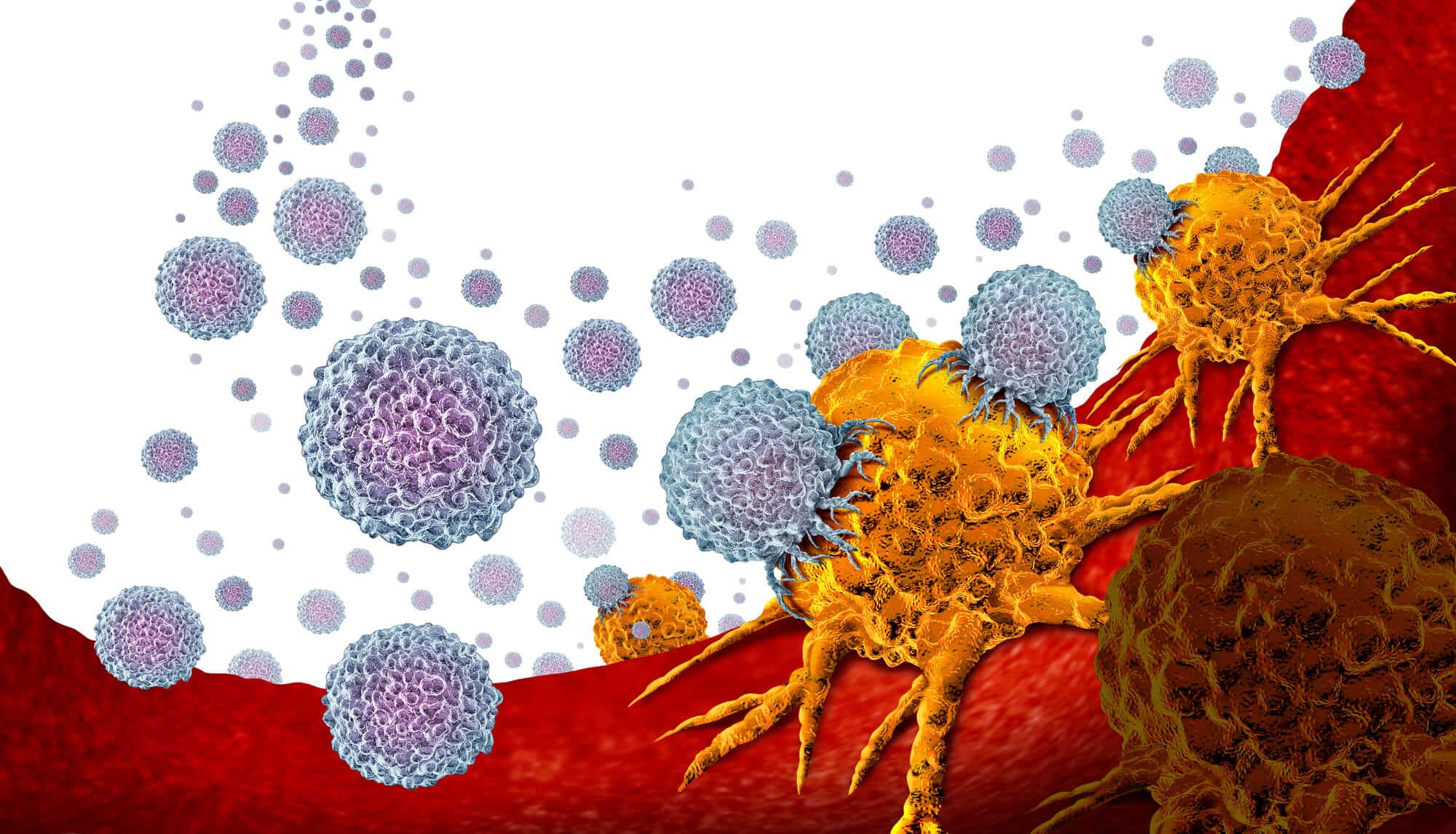A discovery by researchers from Uni' Tel Aviv may help in the war against cancer

A new study by Tel Aviv University examined for the first time the development of the cancerous tumor glioblastoma among model animals with a normal immune system, with the aim of best simulating the development of the tumor in humans. The research findings showed that there are cells in the immune system that, although their original function is to attack the cancer cells and eliminate them, they act as "double agents" that increase and intensify the aggressiveness and dangerousness of the tumor.
The research was conducted under the leadership of Dr. Dinora Friedman-Morbinski and Farrana Magod from the George S. Wise Faculty of Life Sciences. Beside them, Dr. Liat Russo-Nuri and Ignacio of Standrea, also from the Faculty of Life Sciences, as well as other researchers from the Sackler Faculty of Medicine at Tel Aviv University and the Weizmann Institute of Science. The study was published in the prestigious journal Cell Reports.
Glioblastoma is the most common type of brain cancer, one of the most violent and deadly cancers in humans: the average life expectancy of patients with it is about one to about one year and three months from the moment of discovery. The researchers explain that most of the scientific monitoring of the development of cancer among model animals is done without an active immune system to allow the absorption of cancer cells in the body and their development. The disadvantage of this common model is that the immune system does not exist or does not function properly, which prevents the researchers from following the interaction between it and the tumor cells.
In a study done in Dr. Friedman-Morbinski's laboratory, a model was used that examines the development of cancer cells among model animals with a normal immune system. In this way, the cancer develops in a gradual manner until the development of a massive tumor, which enables close monitoring of its development and along the way the interaction of the cancer cells with various cells of the immune system can be monitored.
As part of the study, the researchers discovered that cells called neutrophils play a critical role in the interaction with the cancerous tumor. Neutrophils are cells in the immune system, originating in the bone marrow, and their purpose is to ingest or eliminate bacteria and fungi and cleanse the infections caused by them. "The neutrophils are the first soldiers in the battle line of the immune system," says Dr. Friedman-Morbinski. "When the tumor begins to develop, the neutrophils are among the first to be mobilized in its direction and attack it in order to eliminate it."
Furthermore, it became clear to the researchers that the neutrophils are in the vicinity of the tumor throughout its development, and there is a continuous and consistent recruitment of them from the bone marrow. The surprising thing that was discovered during this study is that the neutrophils change their role: if at the beginning, when the initial tumor appeared, the neutrophils arrived to fight the tumor, then over time the neutrophils recruited to the cancerous area arrive to support its development.
Dr. Friedman-Morbinski: "We recognized that the neutrophils actually change their function. First they are recruited by the tumor itself and turn from anti-cancerous to pro-cancerous and as a result they worsen the damage that the tumor itself creates." In addition, the researchers discovered that the process of changing the properties of the neutrophils can be carried out by "remote control", even before they even progress towards the tumor itself.
"The study showed that the change in the properties of the neutrophils takes place even in the bone marrow itself - where there is no tumor at all: the cancerous tumor is located only in the brain and from there it manages to change the properties of the cells it recruits," adds Dr. Friedman-Morbinski. "The new discoveries in this study may also shed light on the immunotherapeutic treatment methods, which have been gaining a lot of momentum in recent years. In one of the types of immunotherapy, T cells are removed from the patient's body, processed and returned to the patient's body so that they have been infused with increased healing abilities. One of the main problems today is the fact that even these cells sent for healing are suppressed and their action is silenced. If we know how to change the interaction between the neutrophils and the T cells so that their suppression is reduced, this will have consequences for the effectiveness of the immunotherapy treatment."
It is not impossible that these discoveries are the first step towards cracking the mechanism of mutual influence between the immune system and violent cancerous tumors that, as mentioned, claim the lives of so many.
More of the topic in Hayadan:
- A mathematical model developed by Weizmann Institute of Science scientists may improve the safety of chemotherapy treatment
- Activating the brain's immune system against the deadly glioblastoma cancer makes it possible to stop its spread
- A new immunotherapy helps the cells of the immune system locate the deadly glioblastoma brain cancer cells and eliminate them
- Researchers at the Hebrew University have discovered new markers for diagnosing the severity of brain cancer and a new way to treat the disease
- Against four cells - why is there currently no effective drug for the treatment of glioblastoma brain cancer?
